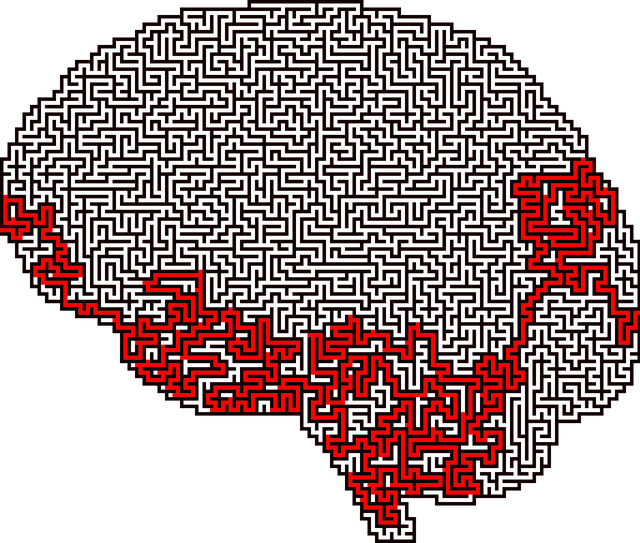Denver Russian Speaking Therapy: Building Resilience Through RFM Exercises
Denver Russian Speaking Therapy offers culturally sensitive mental health support tailored to Russia…….
In the diverse tapestry of healthcare and therapy, “Denver Russian Speaking Therapy” stands as a specialized field dedicated to addressing the unique linguistic and cultural needs of Russian-speaking individuals within the context of the vibrant city of Denver, Colorado. This comprehensive approach goes beyond traditional language translation, delving into the complex interplay of language, culture, and mental health. The article aims to provide an in-depth exploration of this niche yet vital domain, shedding light on its history, practices, global reach, and future potential. By the end, readers will grasp the significance of Denver Russian Speaking Therapy and its profound impact on fostering inclusive and effective support for Russian-speaking communities.
Definition:
Denver Russian Speaking Therapy (DRST) is a therapeutic practice that focuses on providing mental health services tailored to Russian-speaking individuals in the Denver metropolitan area. It involves the application of therapeutic techniques, cultural sensitivity, and specialized language skills to address various psychological and emotional needs.
Core Components:
Historical Context:
The history of DRST in Denver is rooted in the city’s growing diverse population. With a significant influx of Russian-speaking immigrants over the past few decades, there emerged a recognized need for culturally and linguistically appropriate mental health services. Traditional therapy models often fell short in addressing the unique challenges faced by this community, leading to the development and evolution of DRST.
Significance:
International Influence:
Denver Russian Speaking Therapy has gained international recognition as a model for addressing cultural barriers in mental health care. Several countries with large Russian-speaking populations have adopted similar approaches, adapting best practices to their local contexts. For instance, Russia itself has developed specialized therapy programs catering to its diverse linguistic and ethnic groups.
Regional Trends:
Impact on Local Communities:
The global reach of DRST has profound local implications:
Market Analysis:
The economic landscape surrounding Denver Russian Speaking Therapy is dynamic and multifaceted:
Economic Impact:
Case Study: Economic Growth in Denver’s Russian Community
The establishment of a thriving DRST center in Denver’s East Side has had a ripple effect on the local economy. The center, Russky Dom (Russian House), not only provides therapy services but also hosts cultural events, language classes, and community gatherings. This holistic approach has led to:
Impact of Technology:
Technology plays a pivotal role in modernizing Denver Russian Speaking Therapy and expanding its reach:
Future Potential:
Key Policies and Regulations:
Influence on Development:
Main Challenges:
Proposed Solutions:
Case Study 1: The Denver School District’s Approach
The Denver Public Schools (DPS) implemented a DRST program to support students from Russian-speaking backgrounds. By providing therapists within schools, DPS:
Case Study 2: Russky Sostav (Russian Composition) Community Center
Russky Sostav is a community center that offers a range of services, including DRST, language classes, and cultural events. Their approach:
Emerging Trends:
Strategic Considerations:
Denver Russian Speaking Therapy exemplifies the power of culturally competent care in transforming lives and fostering inclusive communities. By addressing linguistic and cultural barriers, DRST ensures that Russian-speaking individuals receive effective and respectful mental health support. The global impact of this specialized field underscores its importance in a diverse world.
As the demand for culturally sensitive healthcare continues to grow, DRST will play an increasingly vital role. Through innovative practices, community engagement, and technological advancements, therapists can navigate challenges and provide exceptional care. The future of DRST is bright, promising improved access, enhanced outcomes, and a more connected global mental health community.
Q: What languages are typically used in Denver Russian Speaking Therapy?
A: While the primary focus is on Russian, therapists may also be proficient in other Slavic languages spoken within the community, such as Ukrainian, Belarusian, or Bulgarian.
Q: How can DRST benefit non-Russian-speaking clients?
A: DRST principles can enhance cultural competency for all therapists, leading to more inclusive practices that benefit diverse client populations. The approach promotes understanding and respect for various cultural contexts.
Q: Are there any specific age groups or communities that particularly benefit from DRST?
A: DRST is tailored to serve individuals of all ages within the Russian-speaking community, including children, teenagers, adults, and the elderly. It also benefits newly arrived immigrants and those who have maintained their cultural identities while living in Denver.
Q: How can someone access DRST services in Denver?
A: Individuals can seek referrals from primary care physicians, local mental health clinics, or community organizations. Online directories and support groups can also provide valuable information on available DRST providers.
Q: What are the potential challenges for therapists working within DRST?
A: Therapists may face challenges related to cultural nuances, language barriers, and maintaining professional boundaries while navigating sensitive cultural topics. Continuous training and supervision are essential to overcome these challenges.

Denver Russian Speaking Therapy offers culturally sensitive mental health support tailored to Russia…….